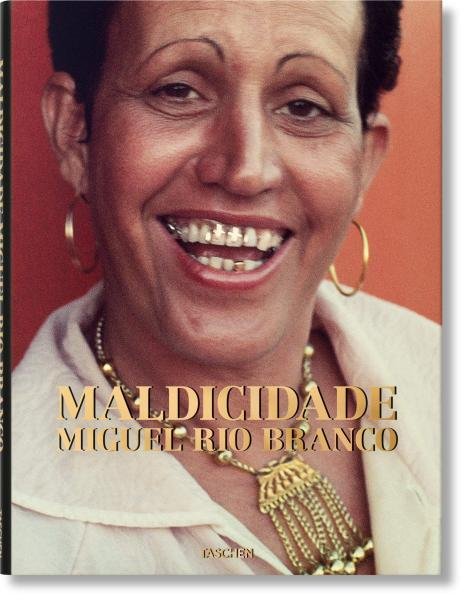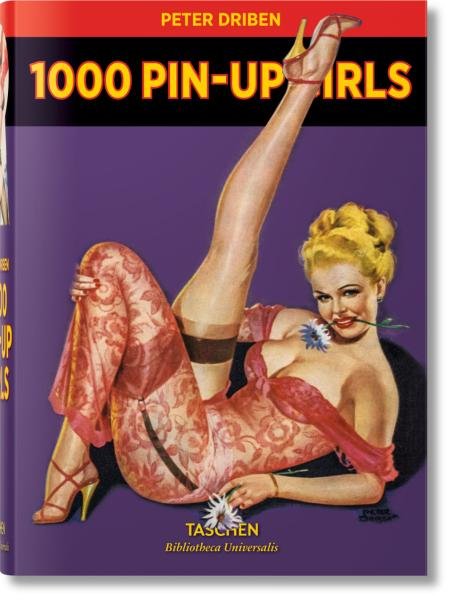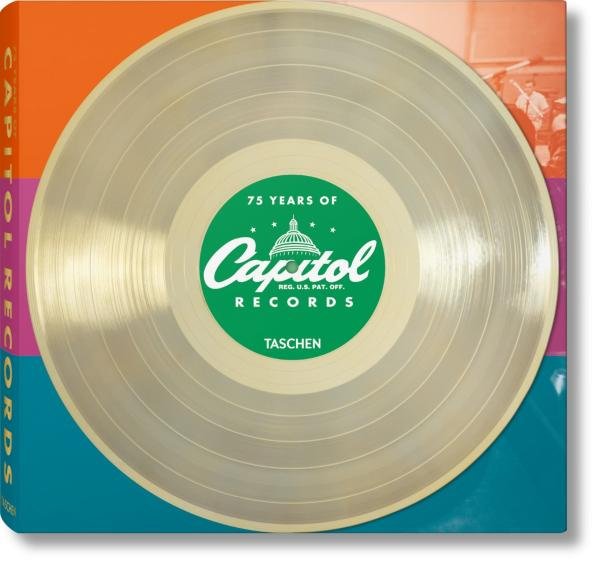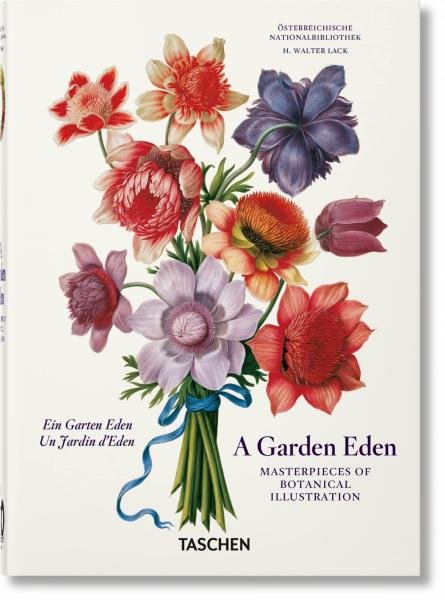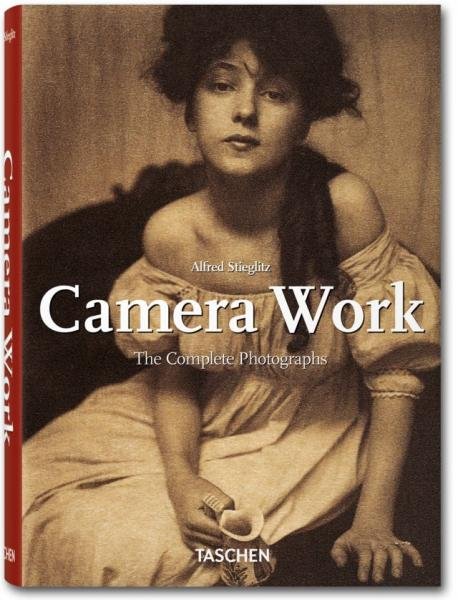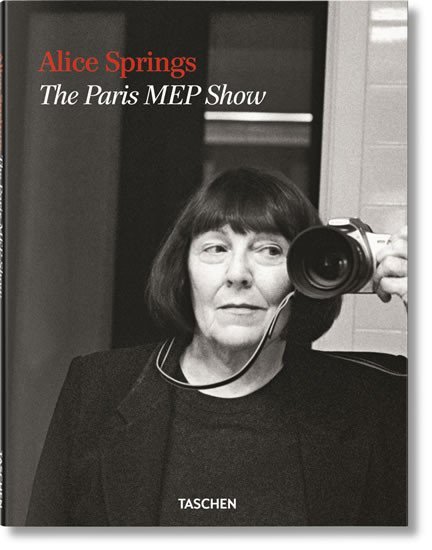- Akrylové a olejové barvy
- Aroma difuzéry
- Audioknihy
- Barvy a kontury na hedvábí
- Barvy na sklo
- Barvy na tělo
- Boxy na sešity
- Boxy na svačinu
- Deky
- E-book elektronické knihy
- Erotické žertovné předměty
- Figurky a zvířátka
- Filmy
- Fixy
- Hřejiví plyšáci
- Hrnky a šálky
- Hudba
- Interaktivní hračky
- Kalendáře
- Kancelářská lepidla
- Karetní hry
- Karnevalové kostýmy
- Karty na poker
- Klíčenky
- Knihy
- Komiksy
- Křídy a uhly
- Kufříky
- Kuličková pera a propisky
- Ložní povlečení
- Magnetky pro děti
- Malování podle čísel
- Mapy a průvodci
- Nůžky, otvírače obálek
- Omalovánky
- Ostatní společenské hry
- Ostatní stavebnice
- Panenky a barbie
- Papíry do tiskáren
- Pastelky
- Penály
- Peněženky
- Plyšové hračky
- Pohledy
- Pokladničky
- Polštáře
- Pravítka
- Přehozy
- Prostěradla
- Puzzle
- Razítka pro děti
- RC modely
- Ručníky
- Sáčky na přezůvky
- Sady školních pomůcek
- Sběratelské figurky
- Sběratelské kartičky
- Sešity
- Skicáky a náčrtníky
- Školní batohy
- Stavebnice Lego
- Štětce a palety
- Stolní hry
- Temperové a vodové barvy
- Tiskopisy
- Tužky, mikrotužky a versatilky
- Učebnice
- Voskovky
- Vystřihovánky a papírové modely
- Výtvarné a kreativní sady
- Záložky do knih
- Zástěry a ubrusy na tvoření
- Živé a vzdělávací sady
- Zvýrazňovače
Miguel Rio Branco: Maldicidade - Miguel Rio Branco
-
Internetový obchod
Taschen - <p>Miguel Rio Branco unites more than four decades of work across several major cities into one astonishing poetic statement on urban life. Eschewing city landmarks or aspirational ideals, Rio Branco turns his lens to common threads of struggle in metropolises around the globe. Maldicidade is a collection in which all urban dwellers will find something of themselves, or something they long to escape.</p> <p>In Maldicidade, the city never sleeps. By dawn or dusk, in New York, Havana, Salvador da Bahia, or Tokyo, it is an environment fraught with yearning, aching with solitude, and fretful with fortunes never made. This searing urban portrait from visual artist Miguel Rio Branco draws upon his itinerant early years as the son of diplomats to reveal the common threads of struggle and loneliness in metropolises around the world.The images are impeccably captured, but the pictures are not always pretty. Rio Branco is not interested in documenting historic city landmarks, an impressive skyline, or the aspirational dreams that soar up towards it. Instead, he focuses his camera on the city’s refuse and margins—on that which it has thrown away and on those it has cast aside and disappointed. In stark frames or soft impressions, it is street sleepers, beggars, prostitutes, stray dogs, smashed cars, and shattered glass that characterize his urban impressions. While subtle details reveal the specificity of place, it is the commonality of urban experience at the heart of Rio Branco’s project. Light on local context or explanatory narrative, the images are instead meticulously arranged into one redolent sequence of a universal city. Working as if in the cutting studio, Rio Branco excels in the rhythm and succession of pictures, crafting evocative patterns of motif (decrepit buildings, lone figures, smashed-up cars); color (rich reds, dusty pinks, stark whites and blues); and form (an anguished street sleeper beside an ecstatic statue of a saint). Throughout, occasional pictures of women are proffered as sensual, hopeful reprieve, interspersing the grit and the grime in commanding portraits or up-close, supple nudes. At once incisive in its message and lyrical in its arrangement, Maldicidade focuses attention on the city’s ineludible magnetism, as much as on its alienation and inhumanity. Biting, bare-faced, and achingly beautiful, it is a collection in which all city dwellers will find something of themselves, or something they long to escape.</p> <p>The photographer</p> <p>Born in Las Palmas, Spain, Miguel Rio Branco is a Brazilian and French photographer, painter, filmmaker, and multimedia artist based in Araras, Rio de Janeiro. His work is featured in leading museum collections around the world including the MoMA, the Metropolitan Museum of Art, and the Centre Pompidou, and has been exhibited at the Peggy Guggenheim Museum, Venice; the Biennial of São Paulo; and Aperture Foundation in New York, among others. Rio Branco’s awards and prizes include the Prix du Livre Photo at the Rencontres Internationales de la Photographie in Arles, the Prix Kodak de la Critique Photographique, as well as the International Critics’ Award at the 1982 Lille Documentary Festival.</p> <p>The contributing author</p> <p>Paulo Herkenhoff is an independent curator and critic. From 2003–2006, he was director of the Museu Nacional de Belas Artes, Rio de Janeiro. Previously Herkenhoff was adjunct curator in the Department of Painting and Sculpture at the New York Museum of Modern Art, and chief curator of Museu de Arte Moderna do Rio de Janeiro. He was also artistic director of the 24th São Paulo Biennale and curated the Brazilian Pavilion at the 47th Venice Biennale. Herkenhoff has published texts on artists such as Raul Mourão, Guillermo Kuitca, Rebecca Horn, Julião Sarmento, and Louise Bourgeois. He lives and works in Rio de Janeiro.</p>


